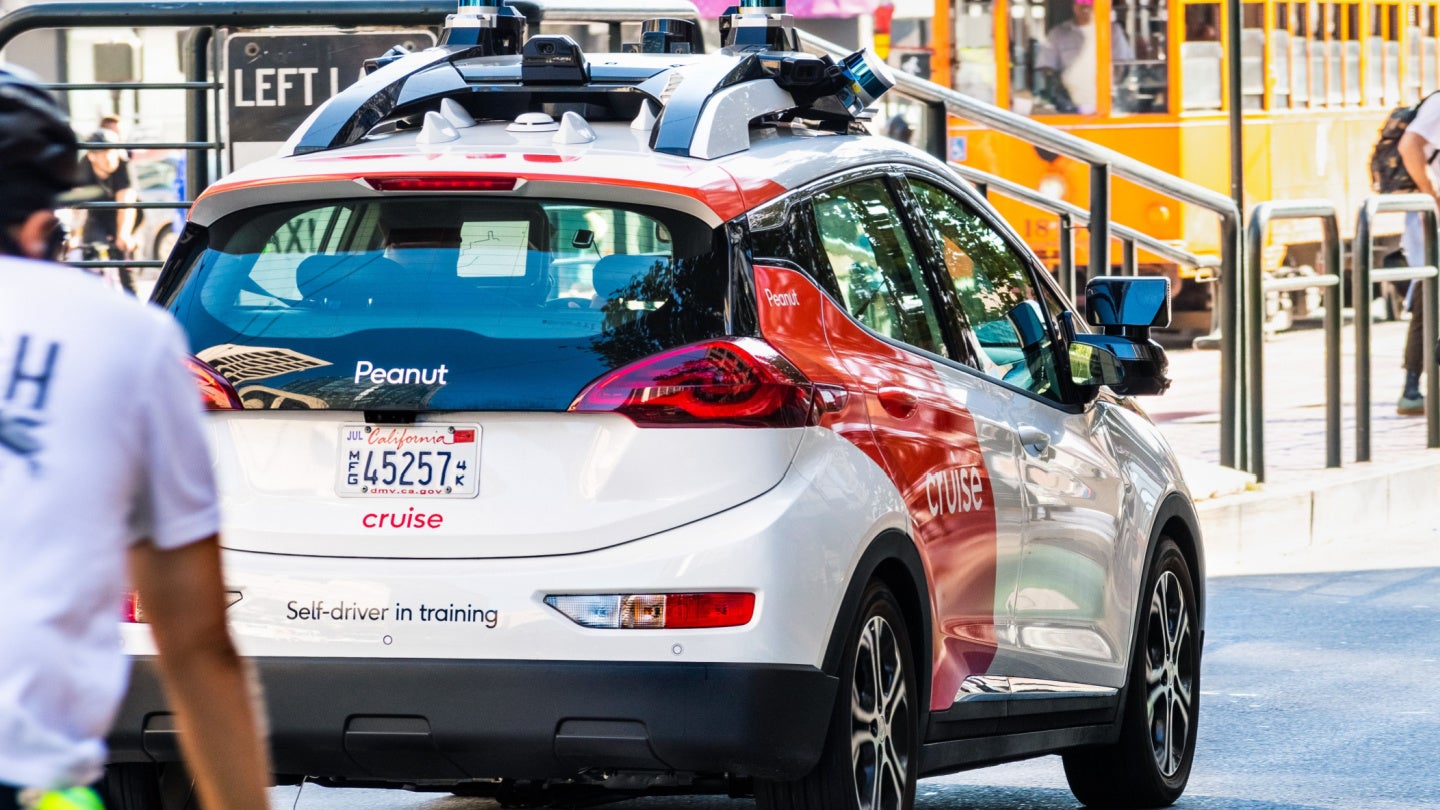
General Motors-owned autonomous vehicle company Cruise is planning to relaunch its US robotaxi fleet in an unspecified city.
In a statement, Cruise said it was focused on rebuilding consumer trust following a pause of all its manual and supervised rides.

Access deeper industry intelligence
Experience unmatched clarity with a single platform that combines unique data, AI, and human expertise.
“This orderly pause is a further step to rebuild public trust while we undergo a full safety review,” Cruise stated, “We will continue to operate our vehicles in closed course training environments and maintain an active simulation program in order to stay focused on advancing AV technology.”
A Cruise statement also clarified that the company would hire an external company to review the safety of its robotaxis. Cruise is also in the process of hiring an internal, permanent safety officer.
Cruise’s self-driving fleet of taxis has had a series of accidents, including one incident this October where its taxi ran over a pedestrian who had already been hit by another car.
This incident led to the state of California revoking Cruise’s license to run its robotaxis, claiming that Cruise had withheld evidence of the accident.

US Tariffs are shifting - will you react or anticipate?
Don’t let policy changes catch you off guard. Stay proactive with real-time data and expert analysis.
By GlobalDataDespite the huge potential that autonomous cars hold to mobilise groups who may have limited mobility, such as children and the elderly, safety and user trust remains challenging for the technology.
“The frothy early days of autonomous vehicle development have ended, and early optimism has given way to a more cautious tone,” according to research company GlobalData in its thematic report into autonomous vehicles, “autonomous vehicles have proven far harder to develop than any company had expected, tempering some of the more outlandish ideas within the sector.”







